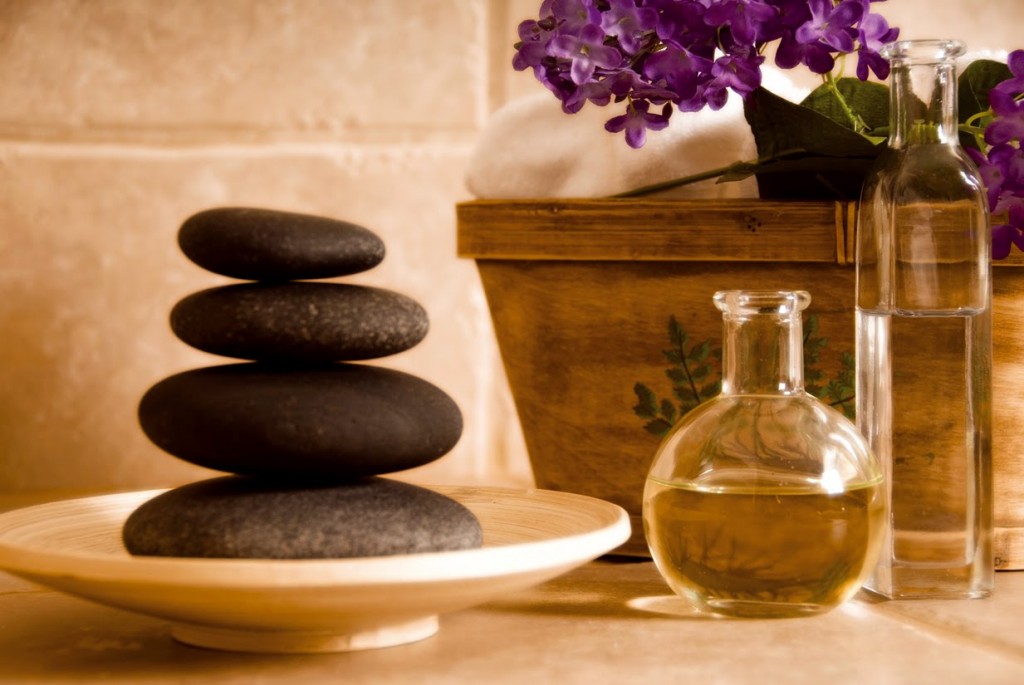The Benefits of Massage Therapy for Physical and Mental Well-being
Massage therapy has been valued for its role in enhancing physical health and mental well-being. This type of massage is especially beneficial for people involved in long-term physical activity or experiencing high stress. It aids in releasing tension, reducing muscle fatigue, and fostering relaxation. These effects support the body’s recovery process. In addition, massage positively impacts mental health, as it boosts endorphin levels, which calms both mind and body.
Endorphins: The Body’s Natural Relaxant
Endorphins, the body’s natural “feel-good” chemicals, play a key role in our well-being. They are released during physical activities, exercise, and moments of intense joy. Acting as natural painkillers, endorphins can reduce discomfort and enhance mood. Massage stimulates endorphin production, promoting feelings of relaxation and happiness. This explains why, after a massage, we often feel refreshed, balanced, and ready for new challenges. The high levels of endorphins not only lift our spirits but also increase our stress tolerance.
Physical and Psychological Effects of Endorphins During Massage
When endorphin levels rise, the body and mind both benefit. The calming sensation that follows is not solely psychological. It’s also a physiological response impacting multiple systems. Endorphins flood the brain, interacting with opioid receptors, which reduces pain perception and induces a deep sense of well-being. In addition to physical relaxation, this endorphin release provides an emotional reset, calming the mind and easing anxiety.
Endorphins also affect the body’s response to stress. Consistent massage therapy can sustain higher endorphin levels, which improves overall stress resistance. Over time, this may balance the nervous system, reduce cortisol levels, and build resilience against daily stressors.
The Role of Gentle, Rhythmic Movements
An essential aspect of a relaxing massage is the therapist’s technique. For stress relief and muscle relaxation, movements are slow, quiet, rhythmic, and gentle. These motions soothe both the body and mind. The deliberate, repetitive strokes relax the muscles and quiet the mind. This approach ensures that massage is beneficial not only physically but also psychologically, promoting endorphin release and decreasing stress.
Gentle, rhythmic movements allow the body to let go of physical tension. Muscles relax deeply, often to the extent that it feels challenging to control one’s body. This sensation, sometimes described as “floating” or “melting,” is highly therapeutic, allowing the nervous system to rest and enter a state of restoration.
Sensory Atmosphere: The Power of Environment in Massage Therapy
A relaxing massage experience involves more than the therapist’s touch. The sensory environment—the sounds, scents, lighting, and ambiance—contributes to the massage’s effectiveness. This setting helps clients disconnect from daily stress and enter relaxation with ease. The atmosphere often includes soft candlelight, calming music, aromatic incense, essential oils, and soothing decor. These elements create a space that supports relaxation deeply.
Candlelight and Soft Lighting –
Relaxation massage
Candlelight or soft lighting creates a gentle, calming visual environment that helps the mind unwind. Bright lighting can stimulate alertness, while softer lighting does the opposite, promoting relaxation and preparing the body for rest. Candlelight adds warmth, inviting the mind to release worries and the body to enter a restful state.
Aromatic Scents and Essential Oils
Scent significantly enhances relaxation. Essential oils like lavender, chamomile, eucalyptus, and sandalwood are often chosen for their calming properties. For instance, lavender can reduce anxiety and improve sleep quality, while eucalyptus helps clear the mind and deepen breathing. These aromas during a massage deepen relaxation, making the experience more immersive.
Soothing Sounds and Music
The auditory environment also enhances relaxation. Quiet music or nature sounds calm the mind. Paired with the therapist’s gentle movements, these sounds create a multisensory experience, drawing individuals into a peaceful state and reducing stress.
How Massage Supports Physical Activity and Recovery
For physically active people, massage therapy is especially helpful. Intense or prolonged physical exertion can lead to muscle fatigue, soreness, and sometimes injury. Massage alleviates muscle tension, boosts circulation, and promotes faster recovery after workouts. By targeting muscles and tissues strained during physical activity, massage aids the body in repair, lowering the risk of overuse injuries.
Increased circulation delivers essential nutrients and oxygen to the muscles, speeding up recovery. Massage also facilitates the drainage of metabolic waste, like lactic acid, which can cause soreness. Through enhanced lymphatic drainage, massage helps restore the body’s readiness for future challenges.
The Psychological Benefits of Massage: Beyond Relaxation
The benefits of massage extend far beyond physical effects. Massage is a powerful tool for mental well-being. Many people seek massage to ease the impacts of stress, anxiety, and even mild depression. The combination of touch, endorphin release, and a calm environment profoundly benefits mental health.
Reducing Anxiety and Enhancing Mood
Massage therapy lowers cortisol levels, the body’s primary stress hormone. High cortisol levels are linked with anxiety, insomnia, weight gain, and other health issues. By lowering cortisol and increasing serotonin and dopamine (natural “feel-good” neurotransmitters), massage helps ease stress and anxiety, resulting in improved mood and well-being.
Supporting Sleep and Recovery
A significant benefit of massage is improved sleep quality. People with insomnia or poor sleep often find that massage helps them fall asleep and experience more restful, deep sleep. This effect is due to endorphin release, which fosters relaxation, and because massage resets the nervous system, calming the mind.
Conclusion: Embracing Massage as Part of a Holistic Wellness Routine
Incorporating massage into a wellness routine benefits both body and mind. Whether seeking relief from muscle soreness, reducing stress, or finding a way to relax, massage provides a unique blend of physical and mental healing. With its gentle movements, calming environment, and the power of endorphins, massage therapy offers a comprehensive approach to wellness. For those aiming to support physical activity, manage stress, or enhance mental health, massage therapy is a valuable addition to any self-care routine.
Relaxation massage
Warsaw, Center, m.Świętokrzyska (1 min from metro)
Olena Tel. + 48-513-748-438
Full Massage Price List
Contacts


